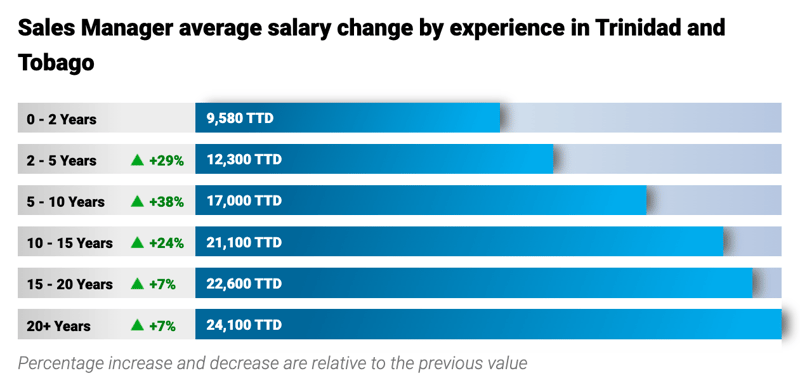Leadership
One of his main concerns with the two top candidates was their ability to lead. Lead from the understanding that the role no longer focused on them but the team. Because of some things he observed while managing Curtis and Nigel, he did not believe they were the best fit for that role.
However, he noticed his third option Lester (also not his real name), had the knack of getting everyone involved and pulling them together. He also saw that even though Lester was not a top performer, his teammates went to him for advice in doing the job. To him, this stood out as someone to develop.
Team Focused
The other observation was that Lester seemed ready to accept the responsibility of team failure and mentorship more than his two colleagues. Both Curtis and Nigel focused on individual achievement, which he felt was acceptable and an asset to the team and company. But, it was not what he was looking for for this role.
While in a leadership role at another organisation, Mr Fenwick Reid, CEO of Massy Technologies InfoCom (Trinidad) Ltd. at the time, said this to me.
"Lyndon, when your team does well, it's their achievement when they don't do well; it's your fault" - Fenwick Reid.
He reiterated the importance of my role as sales manager and who would be the first person held accountable for poor performance. If that was a responsibility I didn't think I was ready for, then I needed to consider a different option.
These two points and the example has stayed with me throughout my leadership career. Moving around to different companies, I have seen similar scenarios and choices, leading me to believe that top performers do not always make good sales managers.
1. Leadership
An assessment should be done with this person assessing their leadership capabilities. Doing this will help set the stage for the type of development plan the company has to put them on.
2. Middle Management Leadership Training
I've learned never to use a broad brush on anything. As it relates to people, there will always be that one person who stands out by balancing their goals and ambitions with managing a team.
Companies can and should allow a top performer to grow as a manager but never think that they would be great at leading a team because they are excellent in sales. If we have to use an example, I would say Brian Lara being the Captain of the West Indies cricket team would be good.
Book Recommendation
Lastly, top performers wanting to make this transition must understand two things.
1. The first is their income:
Top performers, in some instances, stand to make much more than their managers. While managers do have attractive packages, the sales professionals tend to walk away with the suitcase of cash. Managers driven by money do not always do the best jobs and sometimes compete with their reps on deals.
Click Here or the Image Below To Read:
9 Questions Asked Sales Management In Trinidad and Tobago
2. The second is their ego:
The feeling of being number one is great. However, now it's about getting other people to that level and taking the responsibility or embarrassment of failure on your shoulders.
Building a high performing team takes patience, time, strategy, selflessness, and, most importantly, commitment. Once you have those attributes, you are ready for a great career as a sales leader.
-------------------------------
Have you had any experience of a top performer becoming a great manager?
Drop a comment below, we would love to hear about it.



.png?width=575&name=OPAAT-SWY%20Youtube%20Artwork%20(2).png)


Have a Sales Management Story? Share with the community.